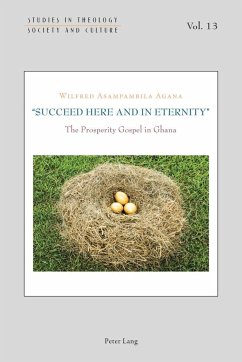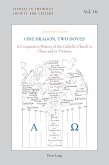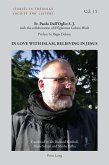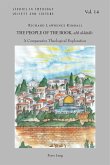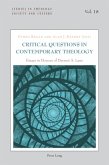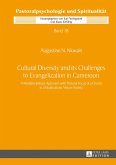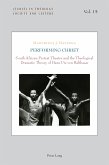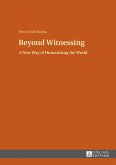This book presents a qualitative study of the "Gospel of Prosperity" preached by the Charismatic and Neo-Pentecostal churches in Ghana, with a particular focus on its soteriological significance. The author explores the concept of the Gospel of Prosperity from a number of different angles, surveying its historical and ideological background, analysing its specific context in a Ghanaian environment and, finally, looking at its theological and soteriological relevance, compared with classical Christian teaching and especially Catholic systematic teaching. The theological investigation carried out here reveals both divergences and convergences, demonstrating areas where the Catholic tradition is challenged by the Gospel of Prosperity as well as vice versa. This analysis of the strengths and weaknesses within both traditions constitutes a springboard for a possible dialogue and access to common ground. Such a dialogue should be of great interest not only because of its significance for theological scholarship, but also because of the practical influence it could have on the lives of Christians, both in Ghana and elsewhere in the West African subregion.
«Agana's book offers to the reader a deeply researched theological study on the prosperity gospel which engages seriously with the other fields of knowledge especially historical and social sciences to grasp the multifaceted character of the subject matter.»
(Viateur Habarurema, Exchange 46/2017)
(Viateur Habarurema, Exchange 46/2017)

